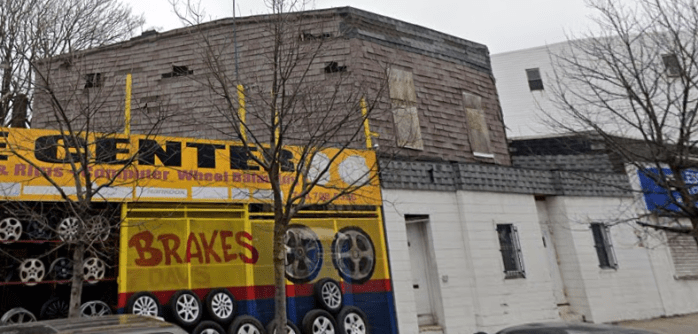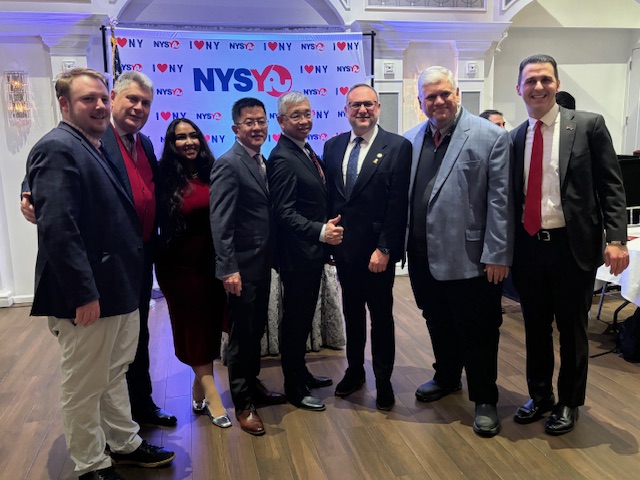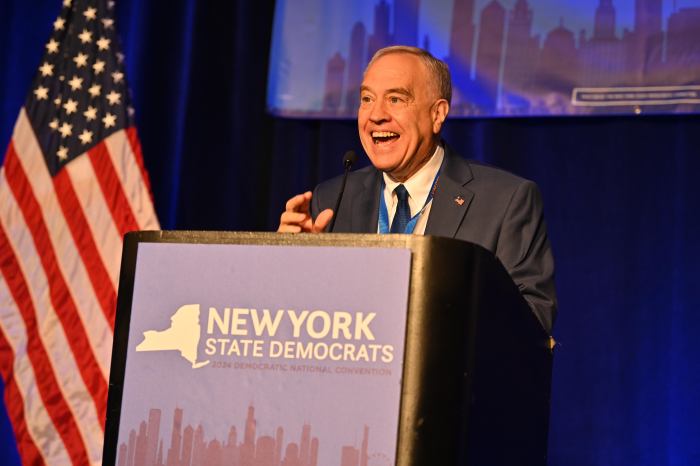In a bid to support innovative approaches to overcoming the challenges of malaria in the Region of the Americas, including the Caribbean, the Pan American Health Organization (PAHO) says local, national and cross-national programs are invited to compete in this year’s “Malaria Champions of the Americas” competition.
The competition launched on Wednesday, April 25, to commemorate World Malaria Day.
This year, PAHO officials said the competition, currently in its 10th edition, “aims to find malaria programs or efforts that demonstrate significant emphasis on capacity-building as essential components of malaria elimination and prevention of re-establishment.”
Winners are provided with a host of benefits for their respective projects and institutions, including opportunities for capacity-building, an expanded network for technical collaboration, and the distinction of being role models and inspirations in the global battle against malaria, said PAHO, adding that nominations will be accepted until June 25, 2018.
“The aim of the competition is to find and honor those initiatives that have significantly contributed toward addressing malaria in countries and communities in the Americas and beyond,” PAHO said. “Winning projects must clearly demonstrate success in malaria prevention, control, elimination, or prevention of re-establishment.”
The awards are sponsored by PAHO, the United Nations Foundation (UN Foundation), the George Washington University Milken Institute School of Public Health (GWSPH), the John Hopkins Bloomberg School of Public Health’s Center for Communication Programs (JHU-CCP), the Global Health Consortium at the Stempel College of Public Health & Social Work from Florida International University (FIU-GHC), and the American Society of Tropical Medicine and Hygiene (ASTMH).
In 2016, PAHO brass said seven countries of the Region — Belize, Costa Rica, Ecuador, El Salvador, Mexico, Paraguay, and Suriname — were included by the World Health Organization (WHO) in the group of 21 countries worldwide with the potential to eliminate local transmission of malaria by 2020, while the malaria certification processes for Argentina and Paraguay are ongoing.
Between 2000 and 2016, PAHO said malaria cases in the Americas were reduced by 16 percent.
Despite a continued decrease in the number of malaria cases in the Americas from 2005 to 2014, cases spiked once again in 2015, 2016 and most recently, in 2017, with an increase reported in several countries, PAHO said.
“Progress along the path towards eliminating malaria in the region can be compromised if surveillance and other key malaria interventions are not maintained or strengthened,” it warned. The theme of World Malaria Day 2018 — ‘Ready to Beat Malaria’ — “underscores the collective energy and commitment of the global community in uniting around the common goal of a world free of malaria.”
This year, PAHO said the campaign will highlight the progress achieved in tackling the disease, while also calling out the worrying trends captured in the 2017 World Malaria Report.
To reinforce the Region of the America’s commitment to malaria elimination and prevention of re-establishment, the “Malaria Champions of the Americas 2018” will recognize malaria efforts that demonstrate a number of things, PAHO said, including: Use of PAHO/WHO best practice in malaria prevention, control, elimination, and prevention of re-establishment; innovative approaches to foster equity and increase the quality and uptake of services; collaboration within and across sectors; and contribution to decreasing malaria-related morbidity and mortality at a community, country, regional or global level.
PAHO said winners of the 2018 “Malaria Champions of the Americas” will receive the opportunity to participate in three PAHO/WHO capacity-building trainings for malaria prevention, control, elimination and prevention of re-establishment; and US$ 2,500 funding support for malaria-related capacity-building efforts (e.g., staff training/education, research, project proposal development, or other activities that enhance skills and abilities to achieve goals and targets).
Winners will also receive a commemorative plaque and the opportunity to be featured in various communication platforms of PAHO/WHO, the UN Foundation, GWSPH, JHU-CCP, FIU-GHC, and ASTMH as a “best practice” story on malaria.
PAHO said the top three nominees will be invited to participate in a regional event for the commemoration of Malaria Day in the Americas on Nov. 6, 2018, where the “Malaria Champion of the Americas” will be honored.
PAHO said previous winners have included the Binational Plan for Malaria Elimination in Hispaniola Island – Ouanaminthe-Dajabon, a Project of Haiti and the Dominican Republic to reduce new cases of malaria at the border (2017), Malaria Elimination Plan 2015-2020, Ministry of Health of Costa Rica – MINSA (2016), the National Program for Malaria Prevention and Control of Brazil (2015), and the National Center for Control of Tropical Diseases (CENCET) of the Dominican Republic (2014), among others.




















